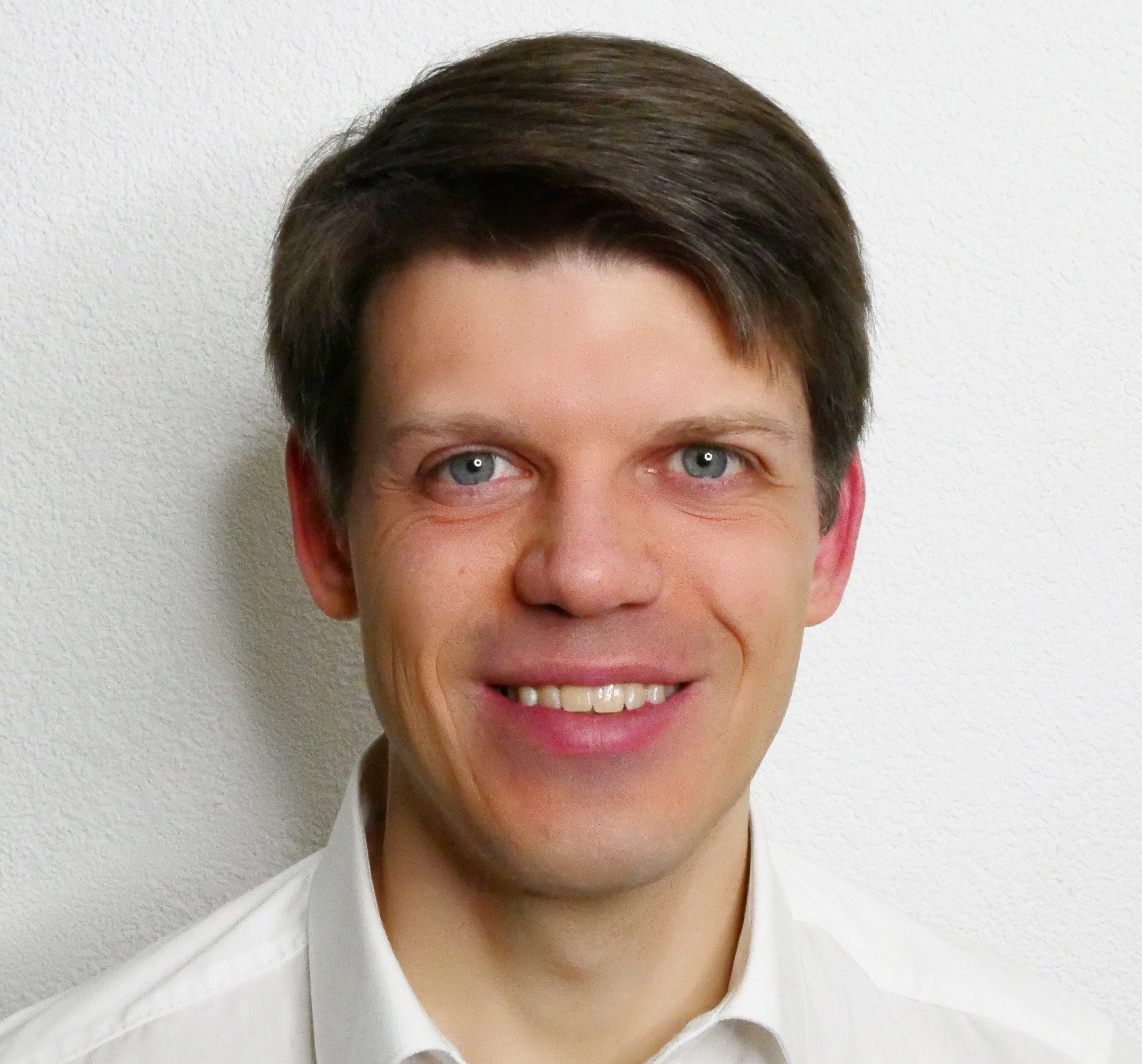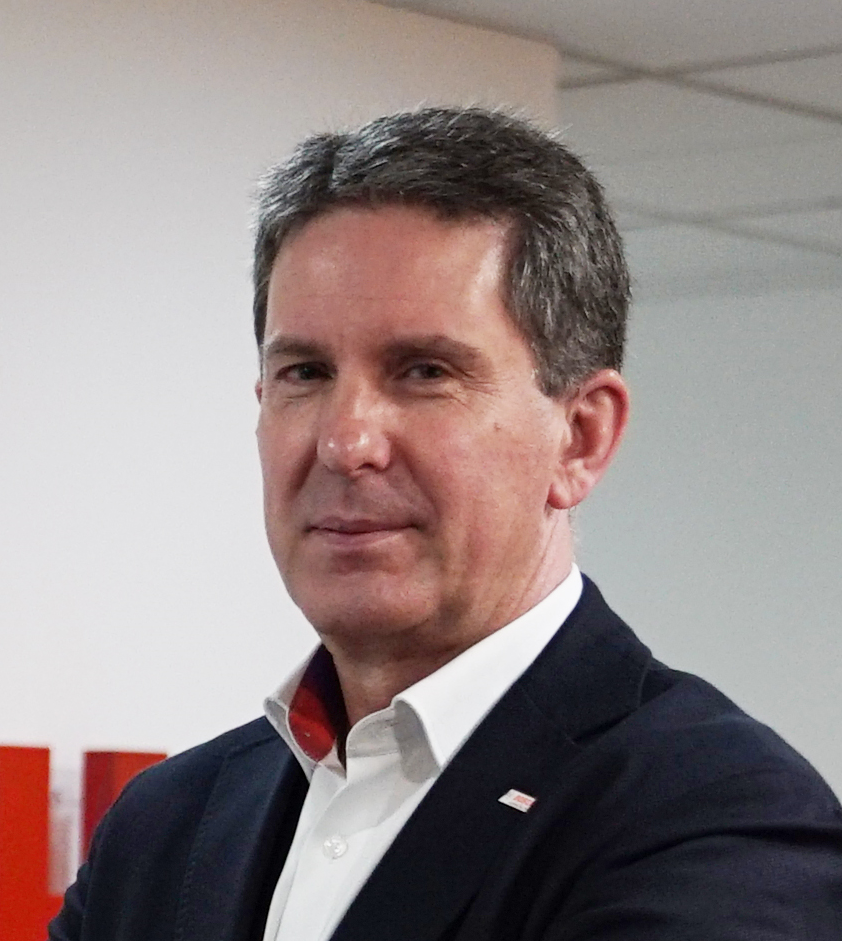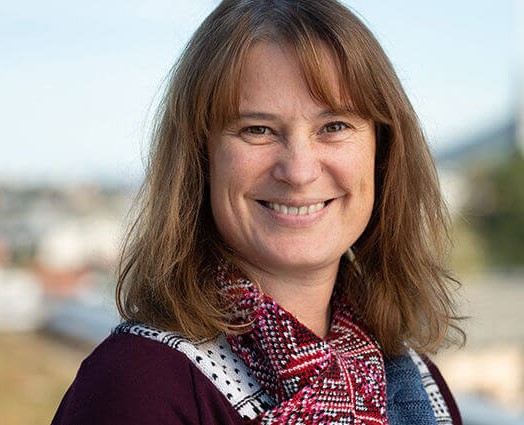Large language models (LLMs) are in the spotlight. Laypeople are aware of and are using the LLMs such as OpenAI’s ChatGPT and Google’s Gemini on a daily basis. While companies are exploring new business opportunities, researchers have gained access to an unprecedented scientific playground that allows for fast experimentation with limited resources and immediate results. In this talk, using concrete examples from requirements engineering, I am going to put forward several research opportunities that are enabled by the advent of LLMs. I will show how LLMs, as a key example of modern AI, unlock research topics that were deemed as too challenging until recently. Then, I will critically discuss the perils that we face when it comes to planning, conducting, and reporting on credible research results following a rigorous scientific approach. This talk will stress the inherent tension between the exciting affordances offered by this new technology, which include the ability to generate non-factual outputs (fiction), and our role and societal responsibility as information scientists.

Fabiano Dalpiaz is Full Professor of Software Production in the Department of Information and Computing Sciences at Utrecht University in the Netherlands. Fabiano is the principal investigator in the department's Requirements Engineering lab. In his research, Fabiano blends artificial intelligence with information visualization in order to increase the quality of the requirements engineering process and artifacts. Fabiano devises software tools that assist human analysts and stakeholders in eliciting, expressing and analyzing requirements. Most of his research is validated empirically via experiments and/or collaboration with software companies. Fabiano was program co-chair of IEEE RE 2023, REFSQ 2021, RCIS 2020 and an associate editor for the Requirements Engineering Journal and the Business & Information Systems Engineering Journal. Also, he is a steering committee of the REFSQ and the IEEE RE conferences, and regularly serves on the program committee of international conferences such as RE, CAiSE, AAMAS, REFSQ, ER, and MODELS. Before joining Utrecht University in 2013, Fabiano was a post-doctoral fellow at the Department of Computer Science, University of Toronto, Canada (2012-2013) and previously at the Department of Information Engineering and Computer Science, University of Trento, Italy (2011-2012).
The automotive industry is undergoing a seismic shift, fueled by the convergence of information systems and artificial intelligence. In this keynote, I will explore how these technologies are reshaping the whole automotive industry, from the idea to the innovative creation, development, manufacturing until reaching the customer experience. Join me in my travel through data highways, decoding smart factories and steering towards intelligent, autonomous and safe vehicles as assistants and companions.

Carlos Ribas is the Bosch representative in Portugal since August 1st, 2015, accumulating this function to the Plant Management of Bosch Car Multimedia in Braga. Born in Portugal, he lived a great part of his life abroad, in the Congo Republic, Belgium, France, Japan and the United States of America. He holds a degree in electronic engineering, a global leadership and management training in Japan and a Global Leadership Executive from Carnegie Mellon University, Pittsburgh, USA. He started his career at Hoechst, worked at Yazaki and is at Bosch since 2003. In October 2010, he was assigned General Manager at Bosch in Mondeville, France, dedicated to the production of electronic and mechanic components for the automotive industry. The strategic priorities of Carlos Ribas are innovation and development of high-technology products and the sustainable increase of the activities of Bosch in Portugal in the three production plants (Braga – Car Multimedia, Aveiro – Thermotechnology and Ovar – Security Systems) and shared services in Lisbon. For Carlos Ribas, assuring the sustainable growth of Bosch activities in Portugal through continuous training of associates, competence acquisition and creation of knowledge, respecting values and preserving the environment, are the priorities.
Recent advances in Artificial Intelligence (AI) and Generative AI into Business Process Management (BPM) present transformative potential for the field of business process management. AI technologies, such as machine learning and natural language processing, empower BPM by enabling data-driven decision-making, predictive analytics, and automation. Leveraging AI algorithms, organizations can extract actionable insights from vast datasets, optimize processes, and enhance operational efficiency to boost productivity. Additionally, Generative AI introduces novel capabilities to BPM, facilitating creative problem-solving and innovation. Generative AI algorithms, exemplified by Large Language Models (LLMs), not only offer enhanced creativity but also excel in tasks such as text generation, context understanding, and natural language interaction. With generative AI algorithms alternative solutions and scenarios can be generated, augmenting human creativity and driving organizational innovation. In this keynote presentation I will highlight how this impacts the field of BPM and discuss some of the challenges arising from that.

Barbara Weber is Full Professor for Software Systems Programming and Development at the University of St. Gallen (HSG), Switzerland since 2019. Moreover, Barbara is the Dean of the newly founded School of Computer Science at HSG since August 2020. Together with her colleagues and supported by the IT Education Initiative of the Canton St. Gallen she is in the process of establishing Computer Science programs for East Switzerland and beyond. The programs combine Computer Science with Entrepreneurship and Business Innovation, providing a modern Computer Science curriculum building upon the strengths of HSG. Prior to that, Barbara held a full professorship at the Technical University of Denmark and led the Section for Software and Process Engineering for 3 years. Before moving to Denmark, Barbara worked for over 15 years for the University of Innsbruck where she started her research career and obtained her doctorate and habilitation degrees. Barbara’s research interests include human and cognitive aspects in software and process engineering, process modeling and mining. Together with her team, she focusses on the development and evaluation of software artifacts. This includes topics in the areas of source code analysis, the Internet of Things, and process mining to study and build event-driven software systems that adapt based on the user’s behavior and context. On these and other topics, Barbara published around 200 peer-reviewed papers and articles in scientific journals. Barbara is part of the BPM and CAiSE Steering Committee and served as PC chair for BPM 2013, CAiSE 2019, EASE 2021, ICPM 2022 and was general chair of BPM 2015.